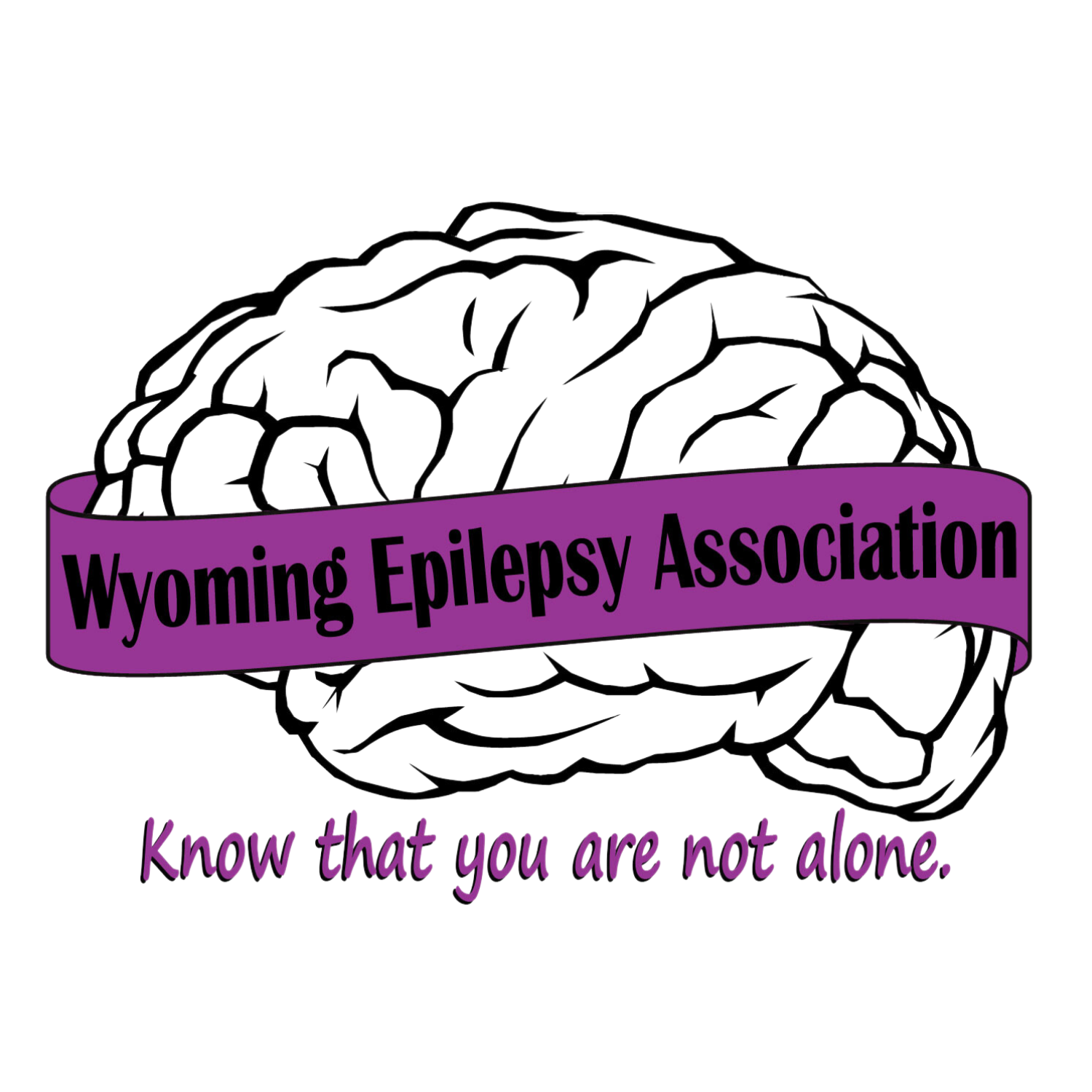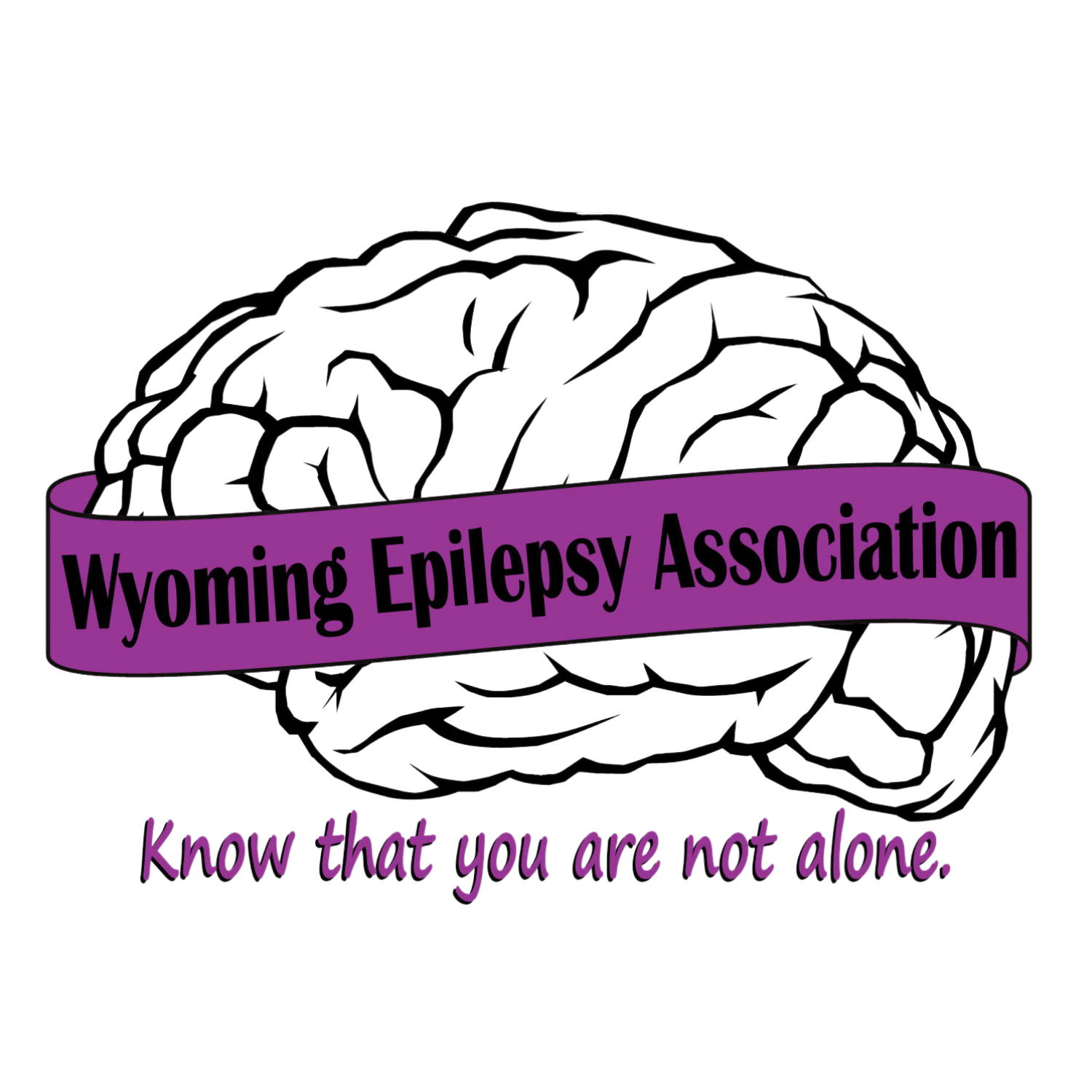Women and Epilepsy

Understand Women and Epilepsy
When a woman is diagnosed with epilepsy, she may face some issues that are quite different than those faced by a man.
Women have two primary sex hormones in their bodies that also interact with brain cells. The hormone estrogen works to excite the brain cells and can cause them to give off an electrical discharge. Progesterone is a hormone that calms down brain cells. When the levels of estrogen and progesterone are unbalanced, and there is an excess of estrogen, a woman is at greater risk of seizures.
While it is still unknown exactly how estrogen and progesterone impact brain cells, there is information to indicate that changing hormone levels can affect the temporal lobe, which is the part of the brain where seizures begin. Due to this fact, women with epilepsy face unique issues in the areas of menstruation, contraception, pregnancy and conception, and menopause.
Puberty and Epilepsy
Teenage girls may notice a difference in seizure activity and their response to seizure medications during puberty. Due to rapid physical changes in a young girl’s body, a teen may find that the dose of seizure medication she was taking is no longer appropriate. It is important for teens and their parents to keep ongoing communication with medical providers during this time, in order to adjust medication to physical demands.
Epilepsy and the Menstrual Cycle
Some women notice a change in seizure activity during different times of their menstrual cycle. This form of epilepsy is called catamenial epilepsy. It is estimated that 10% to 12% of women with epilepsy experience it in this form.
It is not known what causes the seizures, but many women notice an increase in seizures during ovulation when their estrogen levels are high. Other women see a rise in seizures right before or during their period when progesterone levels drop.
It may be beneficial to keep a calendar of your menstrual cycle, marking the days that you experience seizures. If a pattern is noticed, you can share this information with your healthcare provider to discuss ways to manage your epilepsy more effectively.
Contraception, Pregnancy, and Epilepsy
Birth control pills and some other forms of contraception, work to change levels of female hormones. It is important to discuss the anti-seizure medications you are taking with your physician when choosing contraceptive measures because some seizure medications can make birth control less effective. Also, some anti-seizure medications can cause birth defects, so it is important to use caution in planning a pregnancy.
Menopause
During menopause, a woman’s ovaries stop working, decreasing the level of sex hormones in her body. Hormones can affect brain activity, so it is possible that a woman may notice changes in seizure activity during menopause as well.

Wyoming Epilepsy Association
1612 Central Avenue #3
Cheyenne, Wyoming 82001

